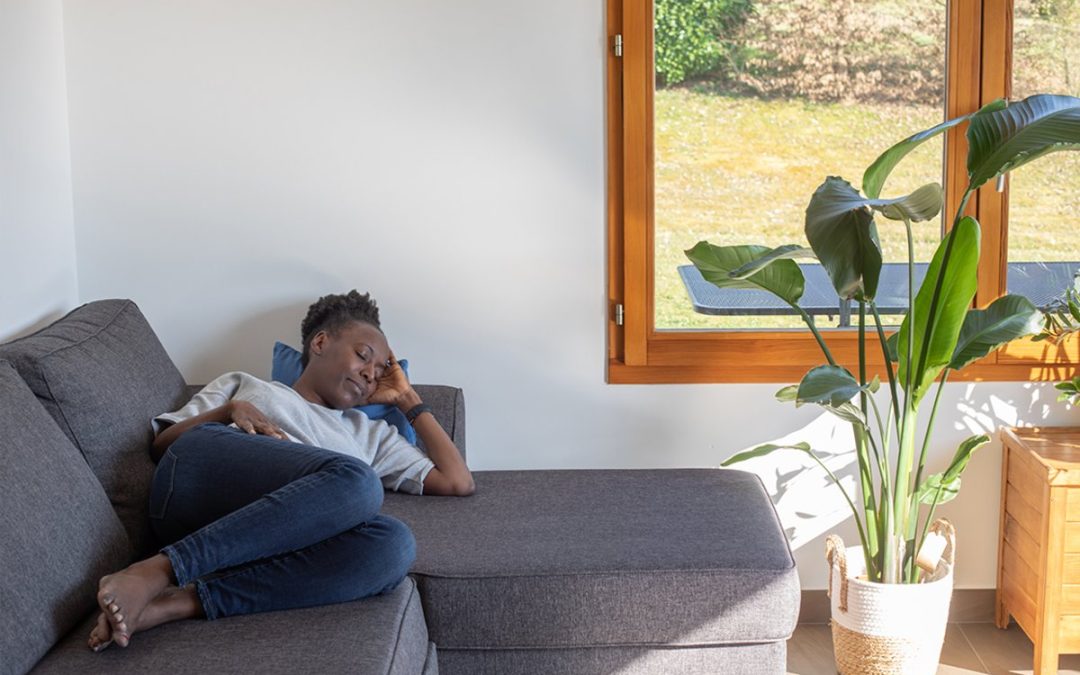Existing research has shown that as we get older, our sleep tends to suffer. And according to a new study out of Finland, published in the Journal of Occupational & Environmental Medicine, there’s one thing that a lot of adults in their 60s seem to be losing sleep over. Here’s what the research shows.
Studying how stress impacts sleep in older adults:
For this study, researchers wanted to assess how different kinds of stress impacted the sleep of older adults who were approaching retirement. The first study consisted of over 2,700 adults, and looked at factors like physical and mental working conditions, stressful life events, and work-life balance.
An additional population study of nearly 4,000 people found that over half of Finnish men in their 60’s and 70% of women had reported sleeping difficulties within the past month.
Taking the results of both studies, the researchers were able to distinguish four different factors or components associated with stress: physical workload and shift work, psychosocial workload, social and environmental non-work adversity, and life event and/or health-related non-work adversity.
As professor of psychology and study co-author, Marianna Virtanen Ph.D. explains in a news release, “The more an employee had work and non-work stressors, the more problems they also had with sleep.”
The researchers also note that different kinds of stress impact sleep in different ways. Work-related stress, for instance, was linked to ongoing sleep problems, whereas non-work related stress predicted more sleep problems moving forward. Working conditions were also associated with sleep quality, and you guessed it—poorer conditions meant poorer sleep.
There’s no doubt that stress in all its forms can seep into your quality of sleep, and according to Virtanen, these findings call out the importance of work-life balance, particularly during stressful times.
“Especially when there are stress factors in private life, such as severe illness or death in the family, or being an informal caregiver for someone, flexible working hours are an important target for development,” she says.
On top of that, taking other steps to mitigate stress in your life will only benefit your sleep hygiene. Whether that means taking up a stress-reducing activity like meditation or yoga, taking a stress-easing supplement, or making bigger changes in your life to get rid of what’s stressing you out, your quality of sleep may depend on it.
And of course, it never hurts to get a little help in the sleep department, so you might consider trying a sleep-promoting supplement, such as mbg’s sleep support+.* The unique formula combines the powerful effects magnesium bisglycinate, which has been shown to promote a steady state of relaxation, as well as jujube for calming and sedation, and PharmaGABA® to enhance natural sleep quality through every phase of life.*
Sometimes stress can’t be avoided, but that doesn’t mean our quality of sleep has to suffer. By tackling stress head on, and emphasizing sleep hygiene, we can all get quality sleep every night—no matter our age.
If you are pregnant, breastfeeding, or taking medications, consult with your doctor before starting a supplement routine. It is always optimal to consult with a health care provider when considering what supplements are right for you.

